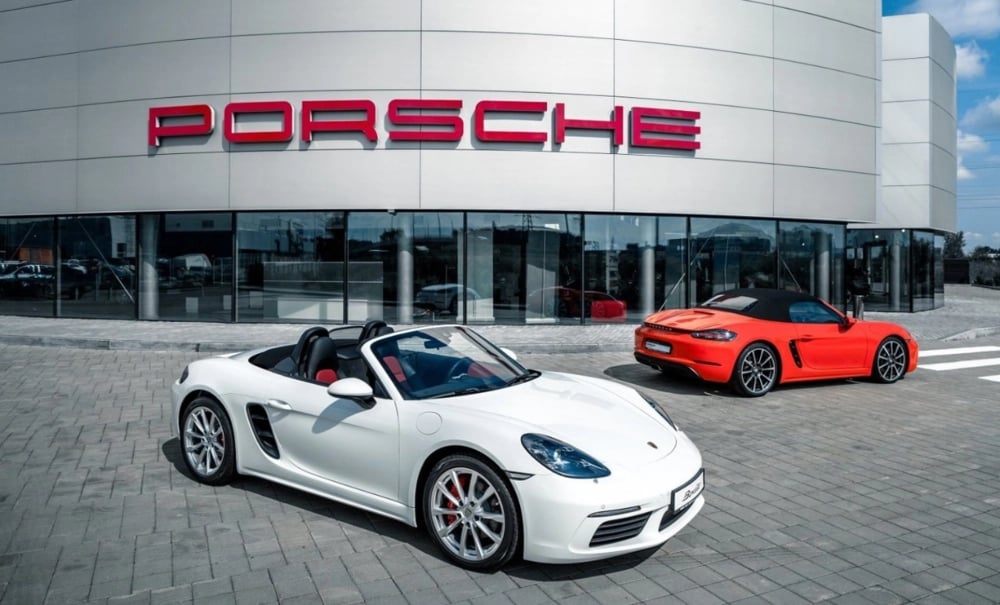Porsche Considers Partial U.S. Assembly Shift Amid Trade Risk
Porsche AG $PAH3.DE, the high-performance automaker owned by Volkswagen AG $VOW3.DE, is weighing options to relocate select final assembly operations to the United States. The move is under consideration as a targeted response to the potential reintroduction of elevated U.S. auto import tariffs under Donald Trump's proposed trade policy agenda. Currently, Porsche manufactures all its vehicles in Germany, with no production footprint in the U.S. This reliance on European exports makes the brand highly sensitive to any increase in border taxes or protectionist measures that could materially impact its margins and delivery costs.
Selective Assembly, Not Full Relocation
CEO Oliver Blume has communicated internally that a full transfer of production is not on the table. Core manufacturing processes — including body shell production and drivetrain integration — will remain in Germany. However, Porsche is considering relocating certain low-complexity but labor-relevant tasks such as:
Interior installation;
Tire mounting;
Final inspection procedures.
Such modular adjustments would allow Porsche to classify partially assembled vehicles as "made in the U.S." under potential tariff rules, thereby mitigating import duties without compromising the core engineering processes that define its brand identity.

Balancing Brand Integrity with Cost Control
Porsche’s positioning as a luxury performance manufacturer relies heavily on its German engineering narrative. Any relocation of core production could risk diluting the perceived value of the brand, which commands significant price premiums globally. By limiting changes to the final stages of production, the company preserves its technical legacy while building flexibility into its supply chain.
Implications for the Automotive Supply Chain
Porsche’s potential adjustment underscores a broader trend among global automakers reassessing supply chain geographies in response to shifting political landscapes. While the automaker has not committed to specific actions, the proactive scenario planning reflects a readiness to pivot if tariffs on EU-manufactured vehicles are enacted.

Trade Uncertainty Drives Preemptive Strategy
The Trump campaign’s proposed tariff framework includes a 10% baseline on imported goods and sector-specific duties for automotive imports. For Porsche, which lacks local assembly capabilities unlike BMW $BMW.DE or Mercedes-Benz $MBGYY, even modest duties would erode competitiveness in the critical North American market.
By implementing limited localized assembly, the company could:
Avoid full exposure to import tariffs;
Maintain German manufacturing concentration;
Optimize logistics by finishing vehicles closer to end-market;
Protect pricing integrity without resorting to cost cuts.
Semantics and Strategic Positioning
Blume’s consistent refusal to shift entire production lines indicates Porsche's preference for tactical agility over structural transformation. The brand's identity remains rooted in Germany, but global trade realities are pressuring even the most traditional manufacturers to adopt hybrid production models.















Comments
Porsche appears to be shifting strategies to dodge potential US tariff hurdles.
Porsche's proactive consideration to shift some assembly to the US reflects a need to outmaneuver potential tariff threats.